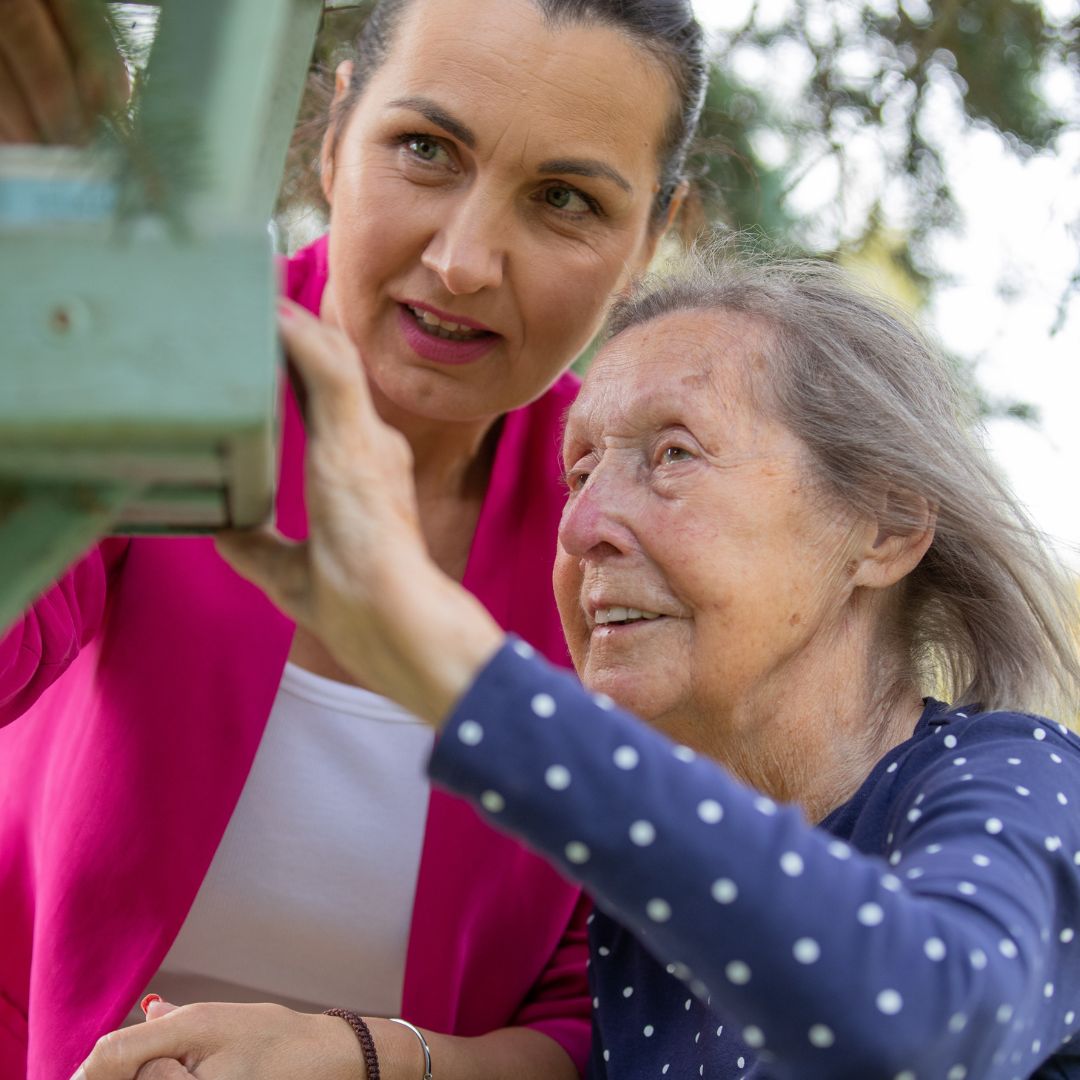Understanding dementia: A simple guide for everyone
Dementia is a condition that affects the brain, causing a decline in memory, thinking skills, and the ability to perform everyday tasks.
What is dementia?
Dementia is not a specific disease but a group of symptoms that affect memory, cognitive abilities, and daily functioning. A very common type of dementia is Alzheimer's disease, but it’s important to understand that there are other types of dementia including vascular dementia, Lewy body dementia, and frontotemporal dementia. It's more common as people get older, but it's not a normal part of ageing.

Symptoms of dementia
The symptoms of dementia can vary depending on the type and stage of the condition. Some common signs to be aware of include:
- Memory loss, especially recent memories.
- Difficulty in finding the right words or understanding conversations.
- Confusion about time, place, or people.
- Challenges in planning and completing tasks.
- Changes in mood or personality.
Causes of dementia
Dementia is caused by damage to brain cells, which affects a person’s ability to communicate with others. This damage can be due to various factors, including:
- Alzheimer's disease: Characterised by the build-up of abnormal proteins in the brain.
- Vascular issues: Such as strokes or reduced blood flow to the brain.
- Lewy body proteins: Abnormal deposits in the brain that disrupt normal functioning.
- Frontotemporal lobar degeneration: Causes damage to the frontal and temporal lobes of the brain.
Diagnosis and treatment
If you or a loved one are experiencing symptoms of dementia, it's essential to seek medical advice. A diagnosis typically involves a thorough assessment of symptoms, medical history, and sometimes brain imaging or cognitive tests.
While there is currently no cure for most types of dementia, early diagnosis can help manage symptoms and improve quality of life. Treatment may include medication to manage symptoms, lifestyle changes, and support from healthcare professionals and caregivers.
Living with dementia
Living with dementia can be challenging, both for the individual and their loved ones. However, there are many ways to support someone with dementia and help them live more comfortably:
- Create a safe and supportive environment at home.
- Encourage independence while offering assistance when needed.
- Keep a routine to provide structure and familiarity.
- Stay physically and mentally active with activities like exercise, puzzles, or hobbies.
- Seek support from dementia charities, support groups, or healthcare professionals.
Dementia-Friendly Communities
Creating dementia-friendly communities is essential to ensure that people living with dementia can participate fully in society. This includes raising awareness, providing education and training, and making public spaces more accessible and inclusive.
By understanding dementia better and offering support and compassion, we can make a positive difference in the lives of those affected by this condition.
How to find the right care for you or your relative
1. Find your local office
Bluebird Care delivers care from locally based offices, find yours to start your care journey today.
2. Get in touch with us
Fill in our call back form or give us a call to find out how we can help you.
3. Assessment
We’ll come out to you to find out what you or your loved one needs to help stay independent at home.
4. Care team chosen & care starts
You'll be cared for by our specially trained team to support you to remain at home for as long as possible.

